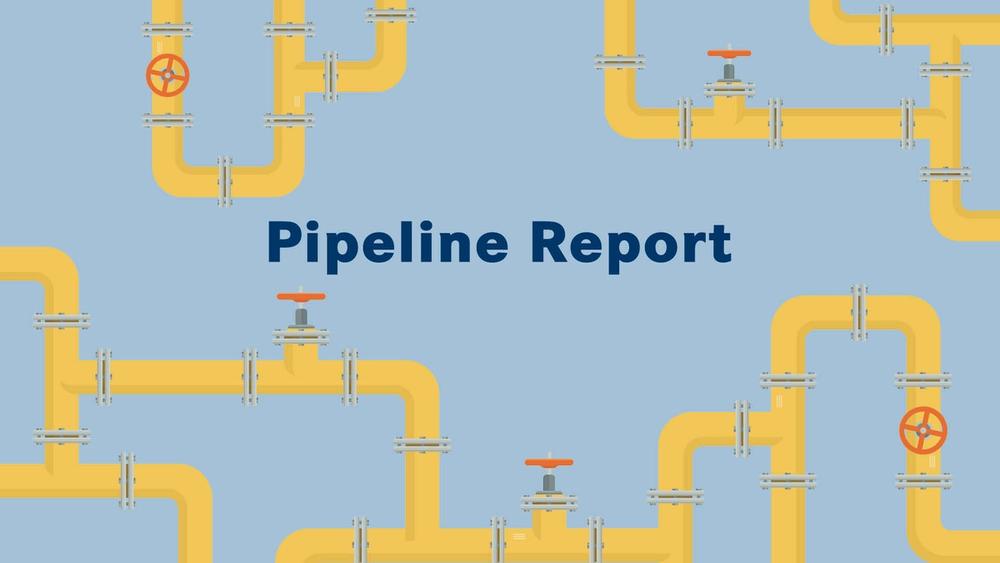
Sotorasib/BBP-398 Combo Snags FDA Fast Track Status for KRAS G12C–Mutated NSCLC

A combination regimen comprised of sotorasib and BBP-398 has been awarded a fast track designation from the FDA for use as a potential therapeutic option in adult patients with previously treated, KRAS G12C–mutated, metastatic non–small cell lung cancer.
A combination regimen comprised of sotorasib (Lumakras) and BBP-398 has been awarded a fast track designation from the FDA for use as a potential therapeutic option in adult patients with previously treated, KRAS G12C–mutated, metastatic non–small cell lung cancer (NSCLC).1
SHP2, which is encoded by the PTPN11 gene, connects growth-factor signaling with the downstream RAS/ERK/MAPK pathway to control cell growth and division.2 SHP2 is known to suppress T-cell activity against growing cancers; as such, inhibiting this marker can serve to strengthen immune response in patients.
The doublet is under investigation in patients with advanced solid tumors harboring KRAS G12C mutations, as part of an ongoing phase 1 trial (NCT05480865).3 BridgeBio Pharma, Inc., the drug developer, announced that the first patient with NSCLC has been dosed with the regimen.
“The survival rate following a diagnosis of NSCLC with a KRAS mutation is extremely poor. We are hopeful that by launching this clinical trial with Amgen, we may be able to fill the current gap in unmet medical need for these cancer patients,” Frank McCormick, PhD, chairman of oncology at BridgeBio Pharma, Inc., stated in the press release. “We are grateful the FDA has granted our program fast track designation and are hopeful it will allow us to address the needs of these patients more quickly following diagnosis.”
Previously, BBP-398 showcased efficacy when used as a single agent in RTK/KRAS-driven xenograft models.4 The agent was also found to synergize with sotorasib and osimertinib (Tagrisso) to inhibit in vivo cancer growth. Pharmacodynamic data indicated that approximately 16 hours of IC50 coverage and daily pathway recovery are optimal for therapeutic index. It was also suggested that continuous once daily dosing of the SHP2 inhibitor could achieve the desired therapeutic index.4
The phase 1/2 study will be comprised of a dose-escalation period followed by a dose-expansion period. The first portion of the research is enrolling those with histologically documented, locally advanced and unresectable or metastatic solid tumors harboring KRAS G12C mutations.1
Patients are required to have measurable disease per RECIST v1.1 criteria, a life expectancy of more than 12 weeks following treatment initiation and have progressed or experienced disease recurrence on or following all available therapies. They also needed to have an ECOG performance status of 0 or 1 and acceptable organ function.3
If they received radiotherapy or proton therapy with a limited field of radiation for palliation within 1 week of treatment initiation on study, untreated and/or active central nervous system metastases, or had a history of allogenic bones marrow transplant, they were excluded.3
Key objectives of the trial include examining safety, tolerability, pharmacokinetics, pharmacodynamics, and preliminary efficacy of sotorasib plus BBP-398.
Initial data from the phase 1 portion of the research from the ongoing trial is anticipated to be reported in 2023.
“People with metastatic NSCLC with a KRAS mutation often do not respond well to standard chemotherapy and immunotherapy options. They might have a worse prognosis than patients without a KRAS mutation and it is essential to deliver better therapeutic options to people with this difficult-to-treat cancer,” Rohit Joshi, MD, director of Cancer Research SA and associate professor at the University of Adelaide, added in the press release. “I am hopeful that by partnering with BridgeBio on this study we may be able to provide substantial relief for patients with a serious unmet need.”
References
- BridgeBio Pharma announces first lung cancer patient dosed in phase 1/2 trial and US FDA fast track designation for SHP2 inhibitor BBP-398 in combination with Amgen’s Lumakras (sotorasib). News release. BridgeBio Pharma, Inc. October 11, 2022. Accessed October 12, 2022.
https://bit.ly/3ECBC2C - Science and pipeline. BridgeBio Pharma, Inc. Accessed October 12, 2022.
https://bit.ly/3RVpJHV - SHP2 inhibitor BBP-398 in combination with sotorasib in patients with advanced solid tumors and a KRAS-G12C mutation (Argonaut). ClinicalTrials.gov. Updated August 17, 2022. Accessed October 12, 2022.
https://clinicaltrials.gov/ct2/show/NCT05480865 - Stice J, Donovan S, Sun Y, et al. BBP-398, a potent, small molecule inhibitor of SHP2, enhances the response of established NSCLC xenografts to KRASG12C and EGFRmut inhibitors. Presented at: AACR-NCI-EORTC Virtual International Conference on Molecular Targets and Cancer Therapeutics; October 7-10, 2021. Accessed October 12, 2022.
https://bit.ly/3EFBTBE




































